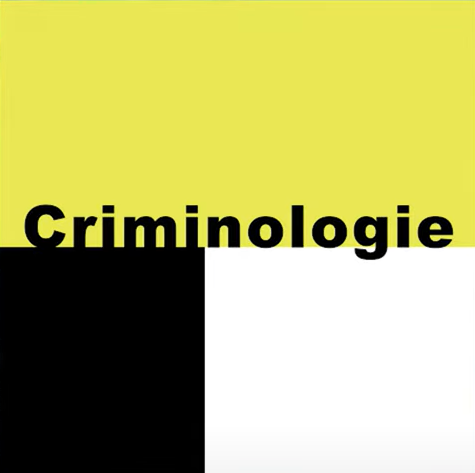Mental health courts (MHCs) aim to provide tailored services, reduce criminal recidivism, and promote the social reintegration of justice-involved and incarcerated individuals living with mental disorders. However, U.S. studies indicate that their effectiveness depends on program completion. In Quebec, these MHCs are known as Justice and Mental Health Support Programs (PAJ-SM). Based on a sample of 6 PAJ-SM programs and 516 participants, this study analyzes the effect of 30 independent variables (participant characteristics, targeted objectives, services received, imposed conditions, and judicial processes) on program completion, contributing to the advancement of knowledge on these programs. Logistic regression models reveal that participants who utilize medical, psychosocial, or social integration support services are more likely to complete the program. The intervals between PAJ-SM hearings act as moderators between service utilization and program completion. By clarifying the factors that facilitate or hinder completion, the findings provide recommendations regarding the supervision and support of participants.
This fifty-eighth episode features an interview with Maude Boucher-Réhel.
For more details:

Attention - Votre version d'Internet Explorer est vieille de 21 ans et peut ne pas vous offrir une expérience optimale sur le site du CICC. Veuillez mettre à jour votre ordinateur pour une expérience optimale. Nous vous recommandons Firefox ou Chrome, ou encore ChromeFrame si vous êtes dans un environnement corporatif ou académique dans lequel vous ne pouvez pas mettre à jour Internet Explorer.